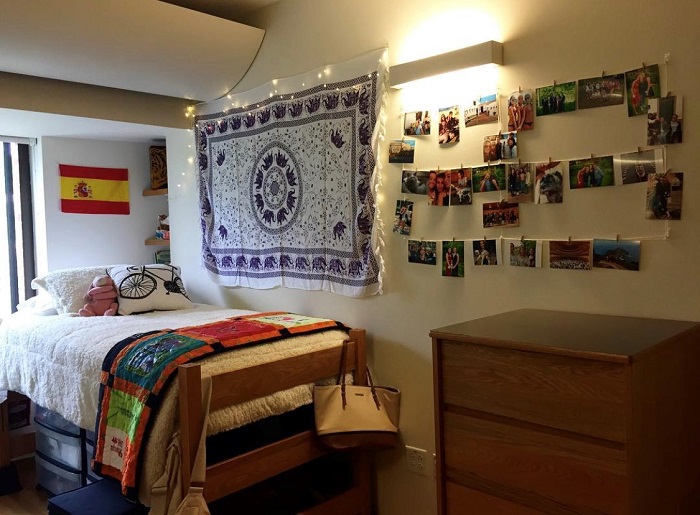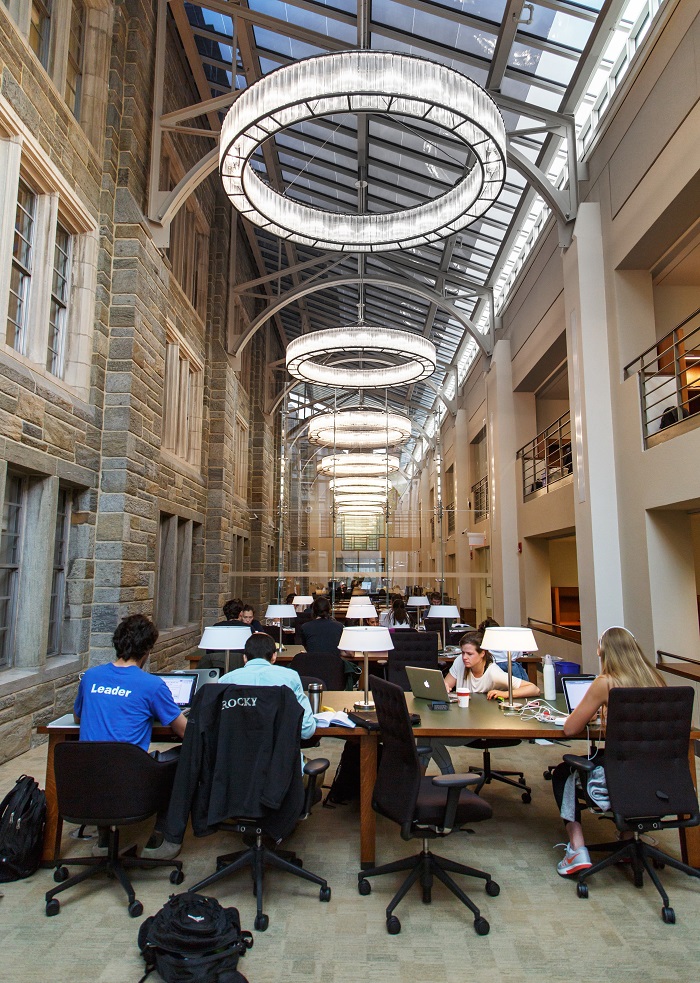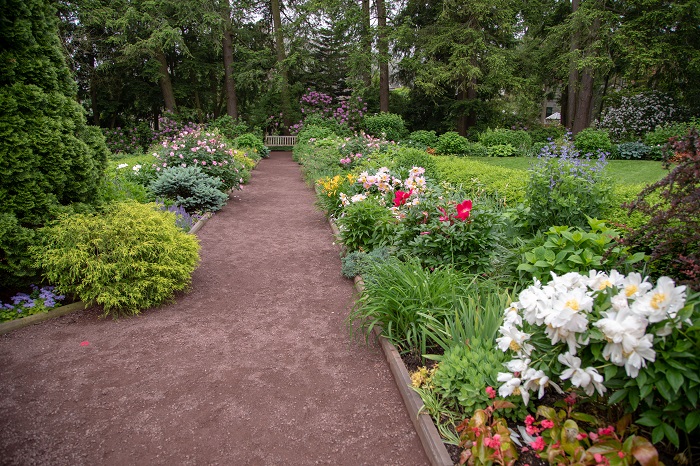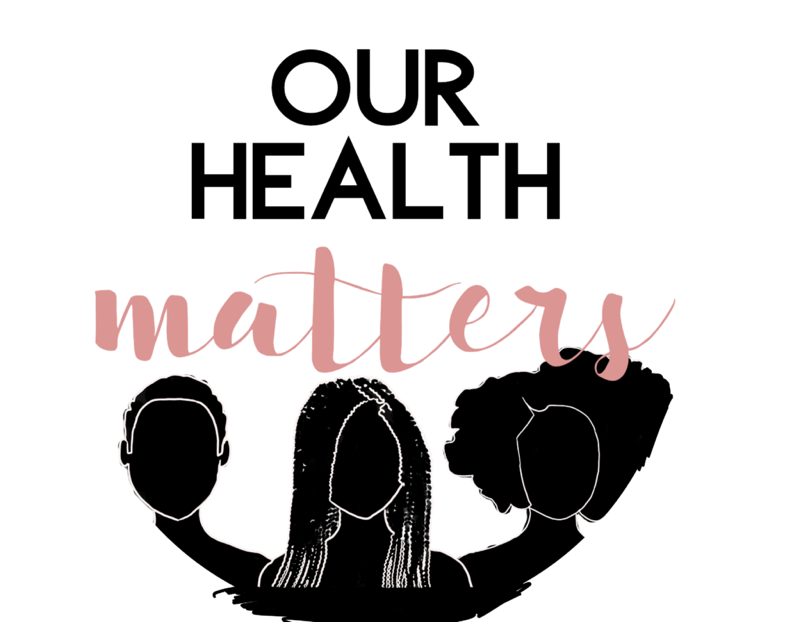Coming from a small school in Hightstown, NJ, I was worried that I wouldn't bond with my professors at Princeton in the same way I did with my teachers in high school. Having close relationships with my teachers outside of the classroom was such an important part of my high school experience. I was unsure if I'd be able to form the same kind of relationships with professors in an undergraduate population of nearly 5,300 students. But what I realized was that no matter how busy professors are with their own research or how many students they teach, at Princeton, professors truly care about the well-being of their students.
Princeton has 5:1 student-to-faculty ratio, so even though the number of undergraduates seemed like a lot to me at first, there are also so many professors to balance out the students. As an English major, I take a lot of seminar courses, which typically have 10 to 15 students and are focused on a highly specific topic. Some of my best memories at Princeton are from those three-hour seminars, where we discussed topics like the continuities that create the female literary tradition, the authenticity of a ballad or even the use of photographs in graphic memoirs.
In my “Historical Fiction/Fictional History” course, co-taught by two professors, each week, they spend the first 15 minutes of class asking us about how we're feeling and any updates that we want to share. Since moving to Zoom, my professors wanted to do something extra special to cheer us up about leaving campus. They designed super soft fleece sweatshirts with our course name and our team name (we were split up into "teams" to discuss the readings before class: I'm part of Team Platypus!). They even mailed the sweatshirts to us, and I was so excited to receive that package.
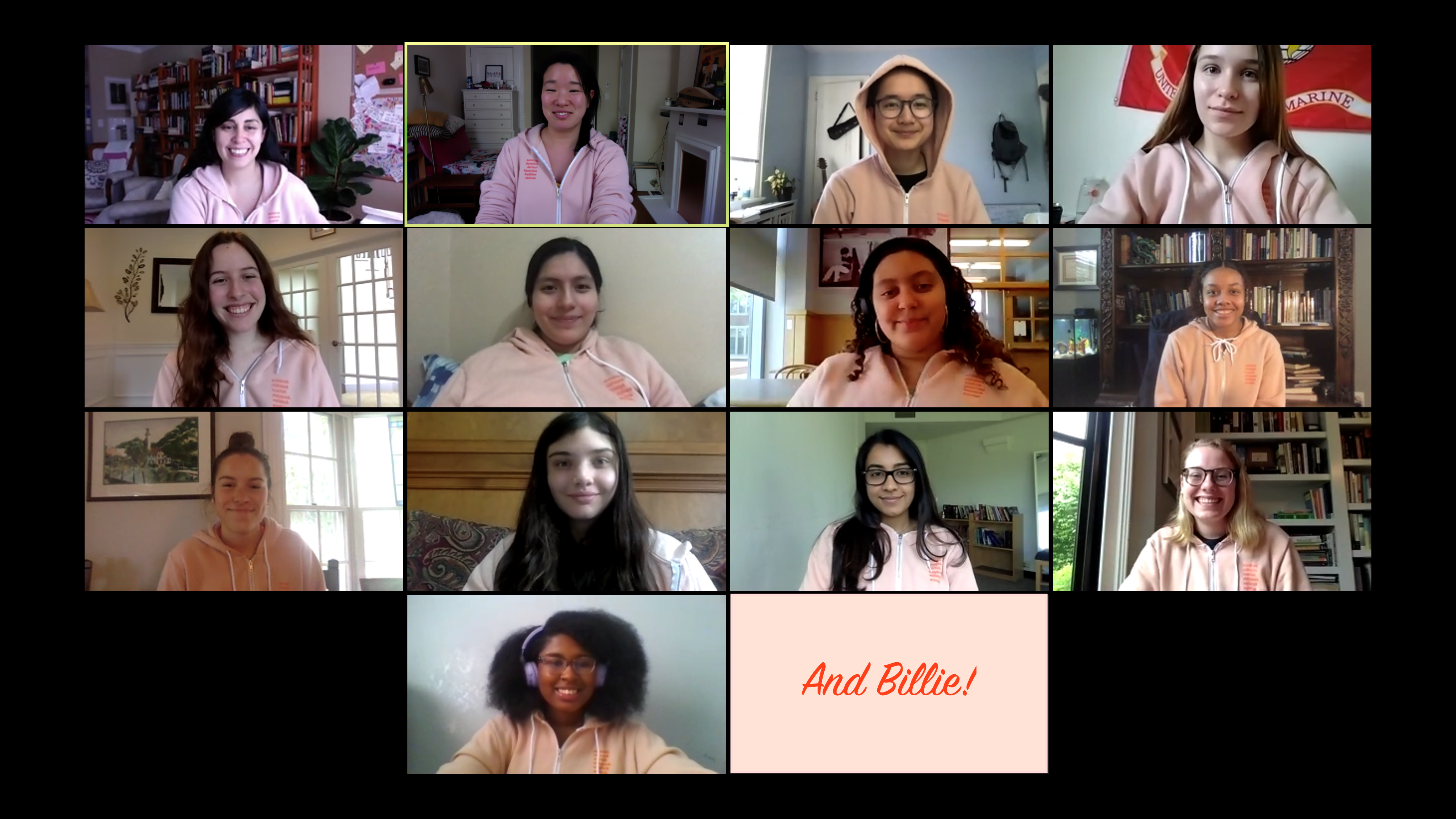
Professors also do little things to show that they really know their students. I often receive emails from my professors about cool events on campus that they think I'd like or new books that are coming out that they want to share with me. And if I ever want to discuss potential career interests or graduate school, my English and creative writing professors love to talk about options over coffee at Small World, eager to offer insights and share their experiences. Professors really want to get to know their students, so go to office hours and invite your professors to lunch in the dining halls. Professors are also more than willing to work with you if you're having a tough week and need an extension or just want to talk.
Professors at Princeton are passionate: they love what they teach and they'll convince you to love the topic just as much. But what I've come to learn is that at Princeton, professors go above and beyond the academics to show how much they care about their students. If you're considering Princeton, know that our professors contribute so much to the experience. They are always more than ready to support you in every way.







